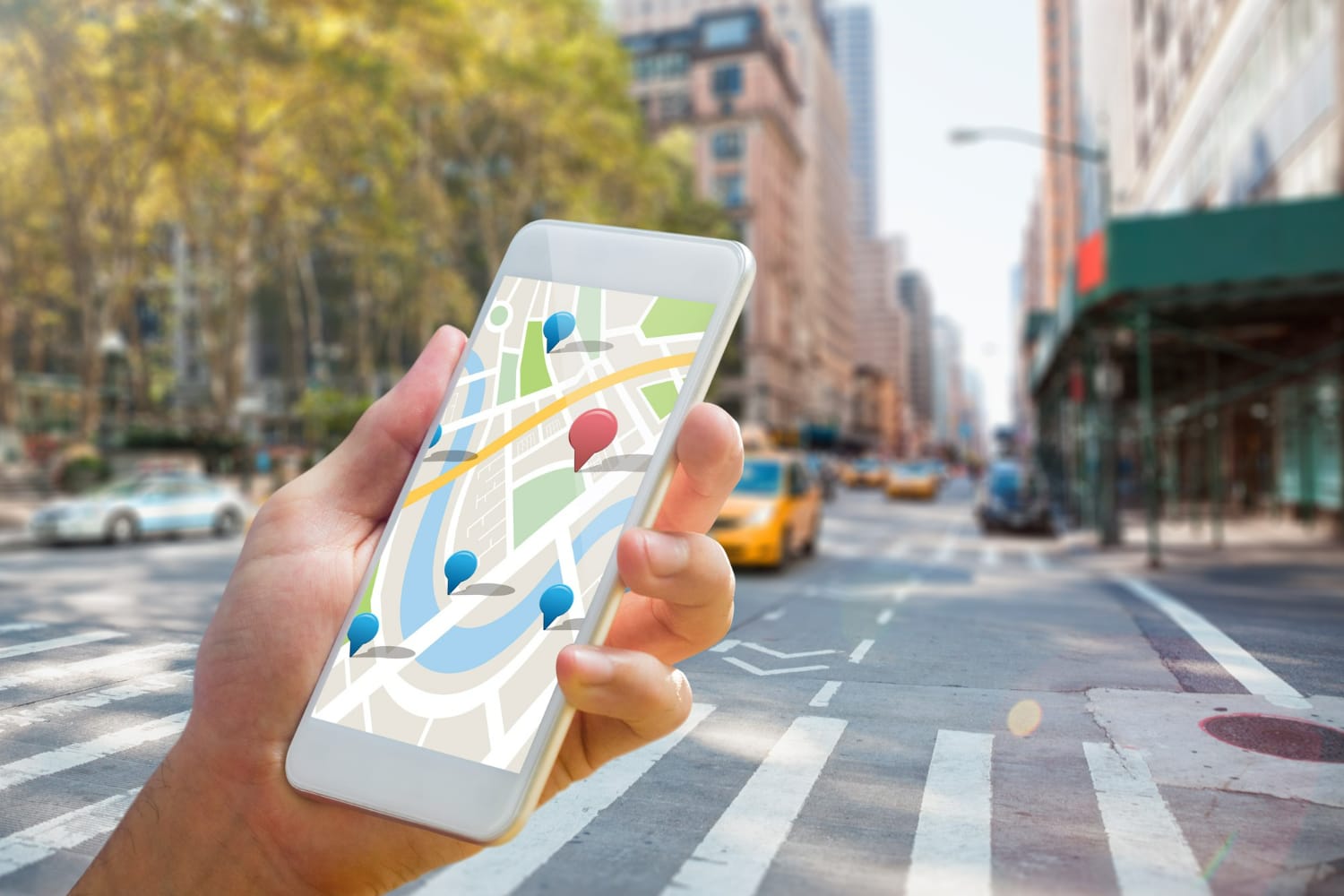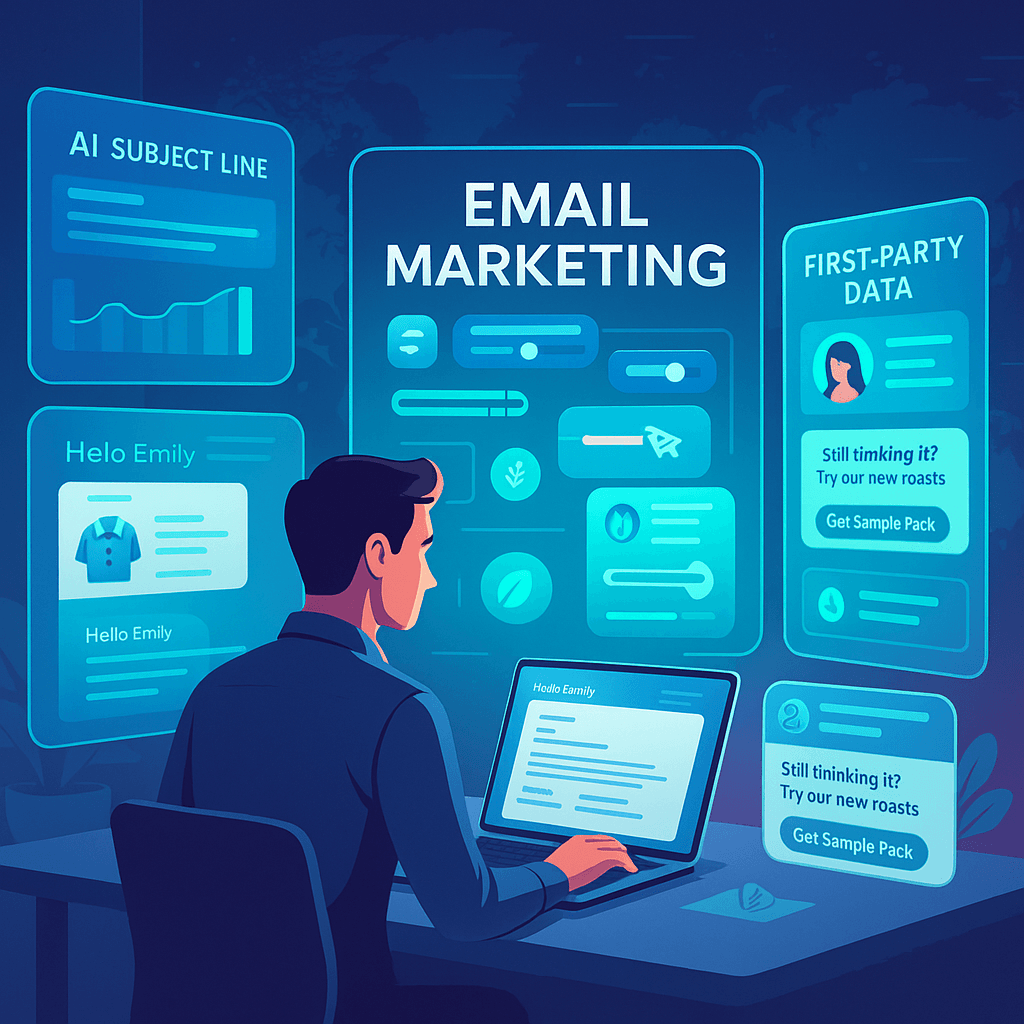In 2025, local search continues to grow at a rapid pace. According to BrightLocal, 78% of consumers used Google to find information about local businesses weekly in early 2025, a 14% increase from 2024. For small businesses, this evolution means that staying aligned with Google’s latest algorithm updates is not optional—it’s essential. With frequent changes to Google’s local ranking factors, features like Google Business Profile (GBP), AI integration, and voice search are redefining how consumers discover nearby businesses. In this blog post, we’ll break down the key updates, ranking factors, and actionable strategies that local businesses must adopt to remain visible and competitive in 2025.
The Evolution of Local Search in 2025
Local search has undergone major changes following Google’s 2024 “Mapmaker” update and the 2025 “Neighborhood Pulse” algorithm rollout. The “Neighborhood Pulse” update prioritizes hyperlocal relevance and engagement, measuring how businesses interact with their immediate community—both online and offline.
Consumer behavior is also shifting. A Google Consumer Insights report from Q1 2025 revealed that 63% of users now expect local search results to include interactive media like videos, AR features, or community responses. As a result, businesses that fail to engage on multiple content fronts are increasingly buried beneath those that do.
Additionally, Google’s rollout of “Local Guides AI,” which uses AI-curated recommendations based on verified reviews and recent activity, is reshaping search results. This means traditional keyword optimization is no longer enough; engagement and credibility now play a crucial role in local visibility.
Essential Local SEO Ranking Factors in 2025
Google Business Profile Optimization
In 2025, a fully optimized Google Business Profile (GBP) remains a top ranking factor. However, now it’s not just about having accurate NAP (Name, Address, Phone) data. You must also:
- Use “Live Updates” to post real-time announcements or promos
- Incorporate visual storytelling—add short videos, customer testimonials, and AR product previews
- Enable Google’s new “Quick Chat” feature for instant messaging
Example: Local boutique Luxe & Lane increased foot traffic by 37% in Q1 2025 after using GBP’s new event features to promote weekend styling sessions.
Review Management Strategies
Online reviews are still a top ranking signal, but now Google’s AI analyzes sentiment trends and review velocity. Businesses should:
- Encourage consistent reviews over time
- Use GBP’s auto-response suggestions wisely but personalize replies
- Incorporate review snippets into website content for SEO cross-benefits
Local Content Creation
Google now rewards locally relevant content tied to real events or community happenings. This includes:
- Blog posts covering local news or sponsorships
- “Behind the scenes” content of community participation
- Use of neighborhood-specific keywords
Tip: Use Google’s new “Local Event Cards” to tag your blog posts or videos with verified geographic metadata.
Technical SEO Requirements for Local Businesses
Mobile-First Indexing Changes
With mobile accounting for over 74% of local search traffic in 2025 (Statista), Google’s Mobile-First Indexing now assesses not only mobile-friendliness but also content parity. Make sure:
- Your mobile and desktop sites deliver identical content
- Page load speed is under 2.5 seconds
- Navigation is intuitive on all device sizes
Page Experience Signals
Google continues emphasizing UX metrics like Core Web Vitals. In local SEO, this now includes:
- Location-based personalization (e.g., showing the nearest store automatically)
- Fast-loading location pages
- Secure browsing (HTTPS is non-negotiable)
Structured Data Innovations
Structured data has become richer. Use LocalBusiness, Review, and Event schema types, and be sure to implement:
- “HasMap” for store locations
- “OpeningHoursSpecification” with holiday schedules
- New schema property “communityEngagement” (Beta) to highlight local involvement
Pro Tip: Use Google’s Rich Results Test to validate your structured data implementation.
Local Link Building Strategies That Work in 2025
Link building remains crucial, but quality now vastly outweighs quantity. Here’s what’s effective this year:
- Local Sponsorships: Partner with schools or community events for backlinks on .edu or .org domains
- Hyperlocal Blogs: Reach out to neighborhood-specific bloggers for guest posting
- Business Alliances: Collaborate with complementary local businesses for cross-linking opportunities
Case in point: A family-owned bakery in Portland partnered with a local food festival, earning high-authority backlinks and a 24% jump in organic traffic.
Leveraging AI and Voice Search for Local SEO
Voice search has exploded, with 52% of all local search queries now coming via voice assistants (Search Engine Journal, Jan 2025). Google’s Gemini AI engine enhances voice responses by favoring conversational, locally optimized content. Here’s how to adapt:
- Use natural language in FAQs (e.g., “Where can I find vegan lunch near me?”)
- Optimize for “near me” and question-based queries
- Ensure your business hours and services are clearly structured for AI scraping
In addition, Google’s “AI Lens for Local” now visually indexes storefronts, logos, and even in-store layouts. This means your physical presence—and how it’s captured online—matters more than ever.
Conclusion
Local SEO in 2025 is all about authentic, community-driven visibility. With Google leaning into AI, real-time engagement, and hyperlocal personalization, businesses that embrace innovation while maintaining solid SEO foundations will thrive. Prioritize user experience, use the new tools available, and don’t underestimate the power of local connections. Your digital presence is your new storefront—make it count.
Implementation Checklist
- Update your Google Business Profile with new features
- Generate weekly reviews with response automation
- Create locally relevant blog and video content
- Optimize for voice and visual AI search
- Improve mobile speed and UX for local pages





